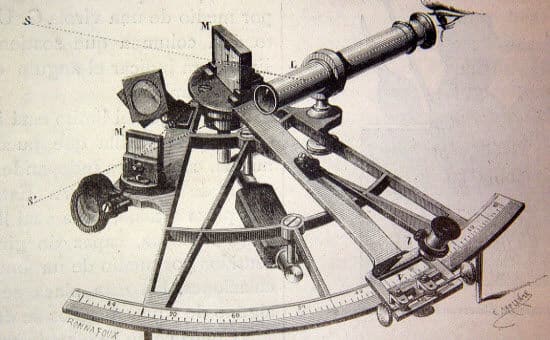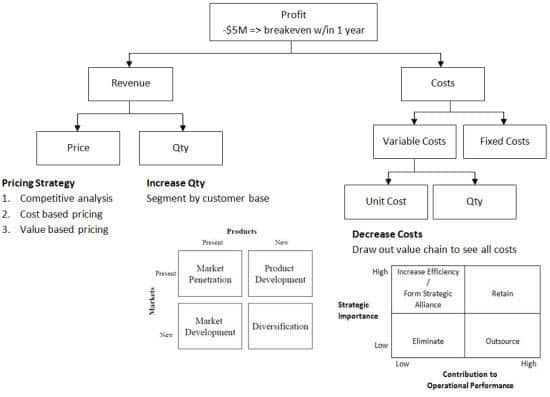Good management consultants follow the scientific method
A GOOD scientific experiment will follow 7 steps. The type of science can change: biology, chemistry, physics, mathematics, computing, management consulting – but the steps remain the same.
1. Aim
Clarify the questions that the organisation is trying to answer: Who, What, When, Where, Why, How? For example, the organisation may come to you with two questions (1) why are we losing money? (2) what should we do about it? You need to clarify these aims so that you can write down a clear objective:
- When we say “losing money”, are we talking profits or revenues? Answer: profits
- How much money did the company lose last year? Answer: $5M
- Are you aiming to break even, achieve a specific profit target, or gain market share? Answer: break even
- When do you want to achieve this objective? Answer: within 1 year
2. Background
Clarify the situation so that you can develop an initial hypothesis. To do this you may need to ask a few questions. For example:
- How long has the company been losing money?
- Are competitors also losing money?
- Have there been any recent changes that might explain the drop in profits?
3. Hypothesis
State an initial hypothesis based on the background information that you have. This gives you a starting point from which to begin your analysis, and you can refine your hypothesis when new information comes to light. For example, your initial hypothesis might be “that the company is losing money due to a drop in revenues.”
4. Method
Develop a structure for analysis that will allow you to refine your hypothesis. To identify the source of lower profits you may want to can use the profit framework.
5. Experiment
Progress the analysis.
6. Discussion
Summarise the results of your analysis and update your hypothesis each time you discover something important.
7. Conclusion
Make a clear actionable recommendation.
[For more information on consulting concepts and frameworks, please download “The Little Blue Consulting Handbook“.]

